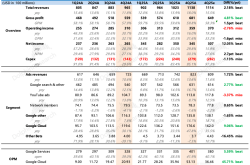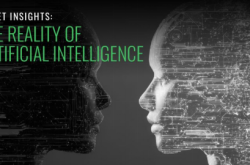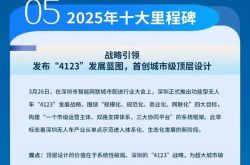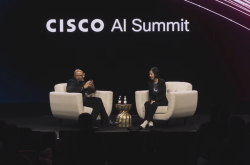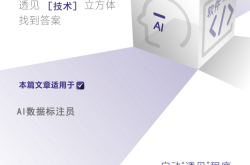Can Meta Secure an AI Future with Its Billion-Dollar Talent Poaching Campaign?
![]() 08/21 2025
08/21 2025
![]() 666
666

Article / By Daoge
In 2025, Silicon Valley is witnessing an unprecedented, silent war of epic proportions.
The primary weapon in this conflict is not code or chips, but individuals—those brilliant minds capable of constructing the foundational models for future AI, a pool that globally numbers in the thousands. In this ruthless battle for talent, Meta and its CEO, Mark Zuckerberg, are playing the most aggressive hand.
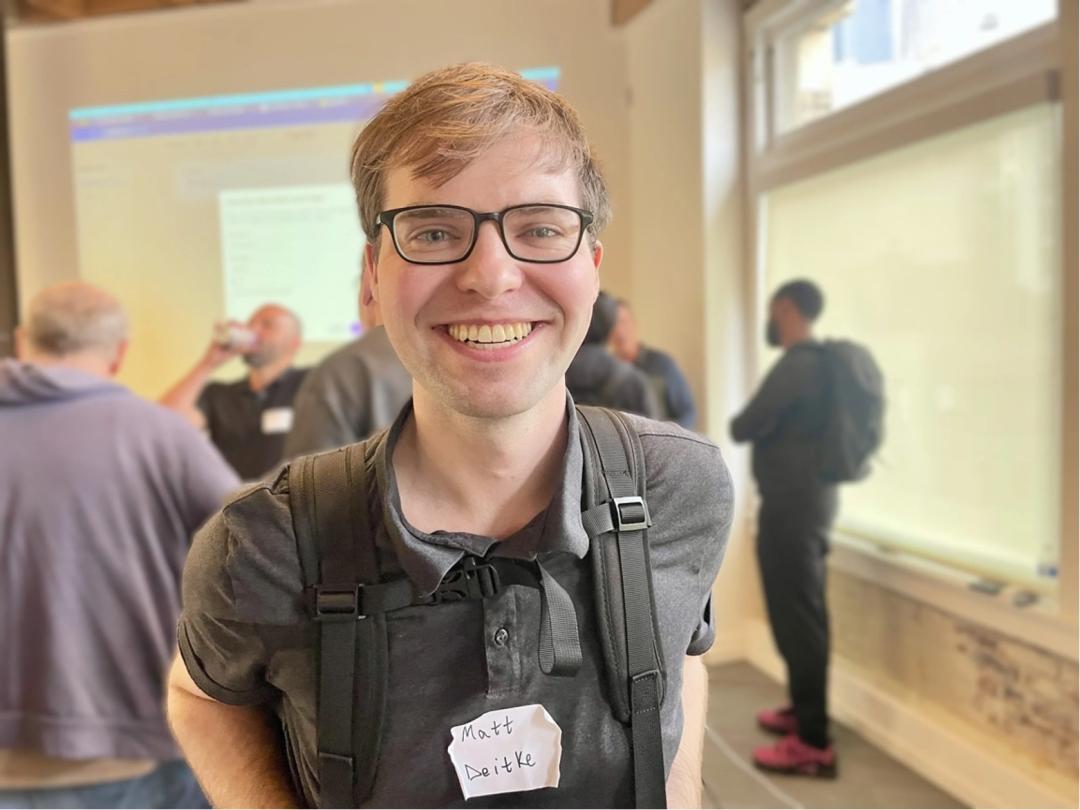
Matt Deitke
One vivid illustration of this war's intensity comes from a New York Times report. When 24-year-old AI researcher Matt Deitke rejected Meta's astonishing $125 million offer, Zuckerberg personally met with him. Following the meeting, Meta doubled its offer to a four-year compensation package worth up to $250 million, with the potential to pay $100 million in the first year alone. Ultimately, Deitke accepted the irresistible offer.
This is not an isolated incident; rather, it's a microcosm of Meta's meticulously planned, large-scale, high-investment talent "blitzkrieg."
The goal of this campaign is clear: to systematically poach core research talent from competitors, particularly OpenAI and Google DeepMind, by offering astronomical salaries and founder-level attention.
Once, during the generative AI wave, Meta was seen as a follower, with its substantial investments in the metaverse yielding minimal returns, and its Llama large model considered inferior to the GPT series. Now, the social media giant is attempting to buy a direct pass to a "superintelligent" future through an unprecedented talent acquisition spree.
01 Meta's "Talent List" and Billion-Dollar Compensation Packages
Zhibaidao believes that Meta's talent raid is not a haphazard "money-sprinkling" operation but a well-orchestrated project led by the top echelons, precisely targeted, and backed by substantial financial resources.
Unlike many CEOs who only approve budgets at the strategic level, Zuckerberg dives deep into the front lines, personally studying technical papers. In a senior executive group chat named "Recruiting Party," he discusses hundreds of candidates with his team and formulates targeted outreach strategies, including direct communication through personal channels such as email, text messages, or WhatsApp. He even meets with top candidates at his home in California. This founder-level direct involvement and attention is inherently a powerful attraction.
To systematically execute this strategy, Meta internally circulates a confidential document known as the "List." This list does not target ordinary engineers but an elite group, typically young individuals in their twenties or thirties with Ph.D.s from top institutions like the University of California, Berkeley, and Carnegie Mellon University. They possess core work experience in world-class laboratories such as OpenAI or Google DeepMind and have a profound understanding of fundamental mathematics like calculus, linear algebra, and probability theory.
Meta's recruitment team dynamically updates this list by analyzing academic publications and tracking significant AI breakthroughs, ensuring that each target is a "scarce resource" within the industry.
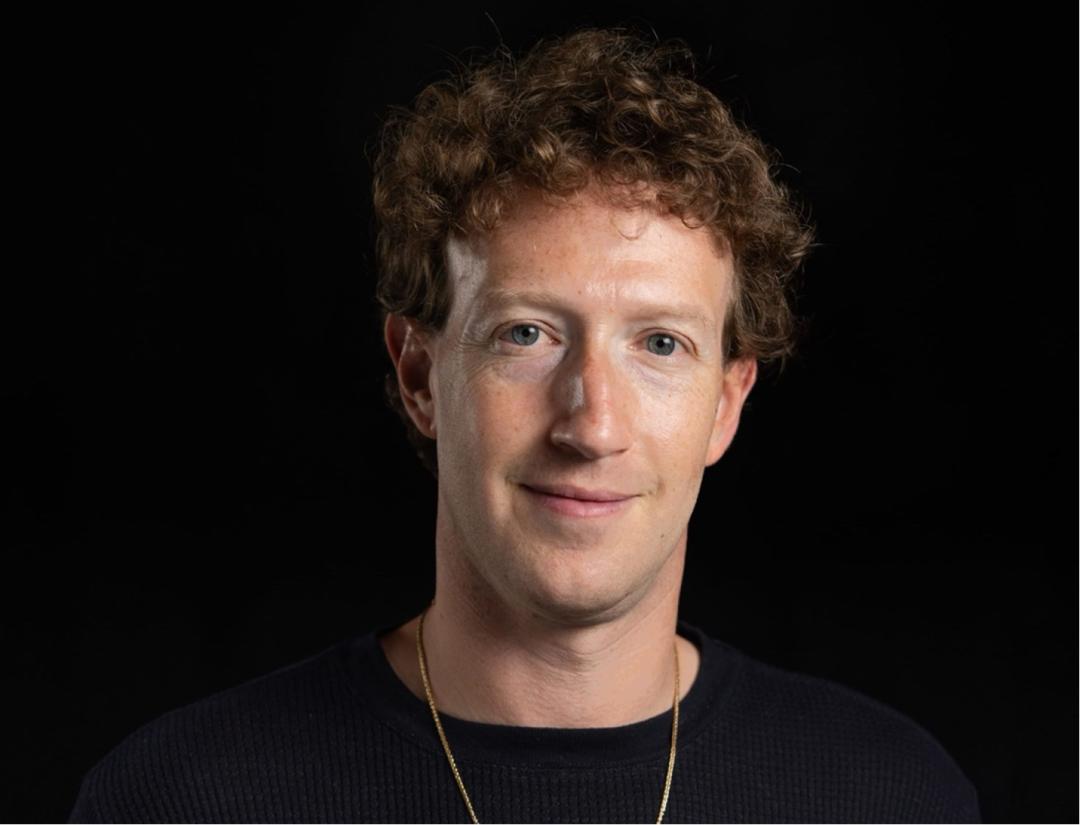
Meta CEO Mark Zuckerberg
Leading this campaign are key figures such as 28-year-old Alexandr Wang, to whom Meta invested a staggering $14.3 billion in his data annotation company, Scale AI, and appointed him to lead the newly established "Meta Superintelligence Lab." Joining him are former GitHub CEO and prominent AI investor Nat Friedman and AI entrepreneur Daniel Gross.
This leadership team, composed of founder-level figures, suggests that Meta is attempting to replicate a more agile, entrepreneurial operating model to attract top talent eager for greater autonomy and influence.
According to multiple media reports, Meta's compensation packages typically include high base salaries, substantial signing bonuses to compensate candidates for equity they forfeit by leaving their original companies, and Meta stock options tied to long-term performance.
Specifically, the total value of multi-year contracts often ranges from $100 million to $300 million. In some cases, the total compensation for the first year alone can exceed $100 million. Even more extreme, The Wall Street Journal cited sources as saying that Zuckerberg has offered multi-year compensation packages worth over $1 billion in at least two cases.
As of mid-2025, Meta has successfully poached at least 18 researchers from OpenAI, including key figures who have made significant contributions to OpenAI's reasoning models. Talent from Google DeepMind is also draining away, and Ruoming Pang, the former head of fundamental models at Apple, was also lured to Meta with a compensation package exceeding $200 million.
Among the new members of the Meta Superintelligence Lab, up to 40% come from OpenAI and 20% from DeepMind, clearly revealing the scale and target of this targeted talent "drain."
Zhibaidao believes that Meta's strategy is not merely to acquire individuals but, more fundamentally, to "buy time" and "eliminate risks" by acquiring entire teams and key leaders. This approach bypasses the lengthy and uncertain process of building a team from scratch, directly transplanting market-proven success factors, and reflects Meta's extreme urgency in catching up with its competitors.
02 Will Meta's Lavish Investments Return It to the Forefront of the AI Race?
Meta's willingness to pay such a high price stems from a significant shift in the company's strategic focus and the robust financial strength supporting this ambition.
Zuckerberg has bet Meta's future on the grand goal of building "personal superintelligence." This vision is repeatedly emphasized in Meta's official communications and Zuckerberg's personal statements. He envisions a future where AI is not a centralized tool controlled by a few companies but a personalized assistant empowering everyone, helping people achieve personal goals, create content, and experience the world.
During the second-quarter earnings call in 2025, Zuckerberg declared, "Over the past few months, we've started to see signs of our AI systems improving on their own... The development of superintelligence, which we define as AI that surpasses human intelligence in all aspects, is now within sight."
Supporting this strategy is, of course, Meta's strong profitability. According to its second-quarter 2025 financial report, Meta's quarterly revenue reached $47.5 billion, a 22% year-over-year increase; net profit even hit a stunning $18.3 billion. This "money-printing machine" provides ample ammunition for Meta to splurge in the talent market.
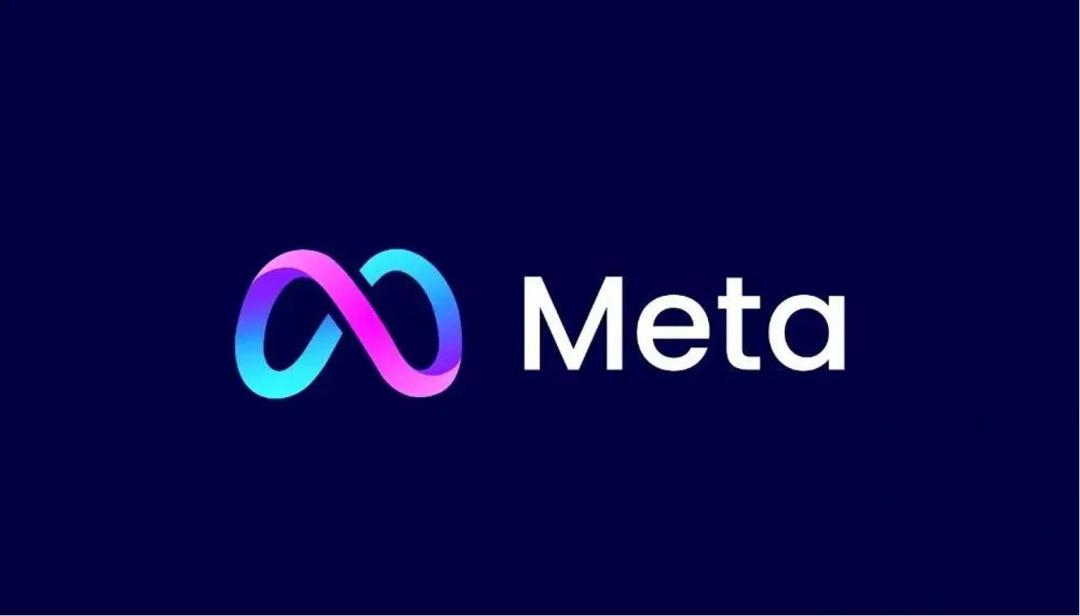
In addition to talent salaries, massive funds also flow into hardware infrastructure. Meta raised its 2025 capital expenditure guidance to a range of $66 billion to $72 billion, with these funds primarily used to build massive data centers capable of supporting future AI research and to procure a vast number of NVIDIA GPUs.
To demonstrate the immediate returns from its AI investments, Meta points out that the new AI-driven ad recommendation model has boosted ad conversion rates by about 5% on Instagram and 3% on Facebook. Meanwhile, more accurate content recommendation systems have increased user engagement time by 5% on Facebook and 6% on Instagram. Zhibaidao believes that behind these quantifiable data lies the fact that Meta's investment in AI is not just for the distant future; it has already tangibly enhanced Meta's core advertising business, thereby alleviating investors' concerns.
03 Mercenaries vs. Missionaries: Is the AI Industry Reaching a Turning Point?
Meta's talent blitzkrieg has triggered a dramatic chain reaction in Silicon Valley. For instance, OpenAI, which has been hit hardest by poaching and once known as the "AI missionaries," has also responded to this behavior.
The most straightforward expression of this can be found in an internal memo from OpenAI Chief Research Officer Mark Chen to Wired magazine. Upon learning that at least eight researchers had jumped ship to Meta within a week, he wrote to all employees, "I now have a visceral feeling, as if someone has broken into our home and stolen something." OpenAI CEO Sam Altman also responded harshly to Zuckerberg's poaching on social media: "Bring it on."
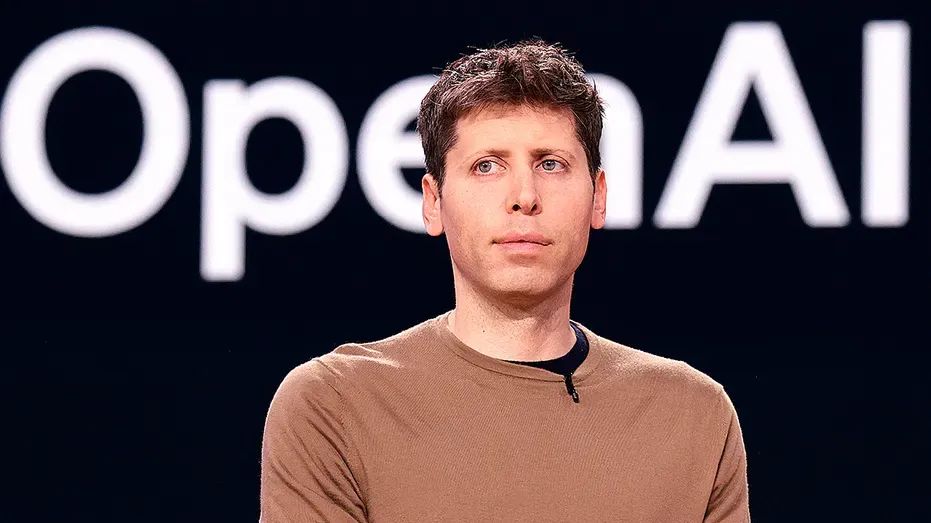
OpenAI CEO Sam Altman
However, internal actions reveal the enormous pressure faced by this AI star company. According to Wired magazine, OpenAI leadership is "working around the clock" to talk with employees who have received external offers, forced to "recalibrate salaries" and explore "creative ways to recognize and reward" top talent.
Zhibaidao believes that the talent war initiated by Meta has far-reaching ripple effects beyond the headquarters of a few giants, profoundly impacting the ecosystem, culture, and economic foundations of the entire AI industry. The most direct consequence is the hyperinflation of AI top talent salaries. Meta's nine-figure compensation packages are setting a new, staggering price benchmark for this tiny elite circle. This not only drives up the labor costs of all companies but also poses a severe blow to AI startups.
For investors, Meta's high-stakes gamble also brings significant uncertainty. Analysts from institutions such as Goldman Sachs are skeptical, believing that for the industry's trillion-dollar AI investments to yield reasonable returns, AI technology must be able to solve extremely complex problems. However, current generative AI does not seem designed for this purpose, and its cost reduction speed may also fall short of expectations.
The AI talent war ignited and continuously escalated by Meta marks the arrival of an important turning point. It heralds the end of the relatively pure, academically exploratory, and openly collaborative idyllic era of early AI development and ushers in a new era dominated by capital, characterized by fierce competition and high commercialization.
Zuckerberg's strategy is essentially a disruptive challenge to the traditional innovation model of Silicon Valley. He aims to prove that on the path to the technological singularity, substantial capital can directly purchase speed, shorten the research and development cycle, and even reshape the power landscape.
The outcome of this war will not only determine the next trillion-dollar company but will also significantly define the form and ownership of future intelligence and how it will affect each of us.
*Featured image generated by AI

